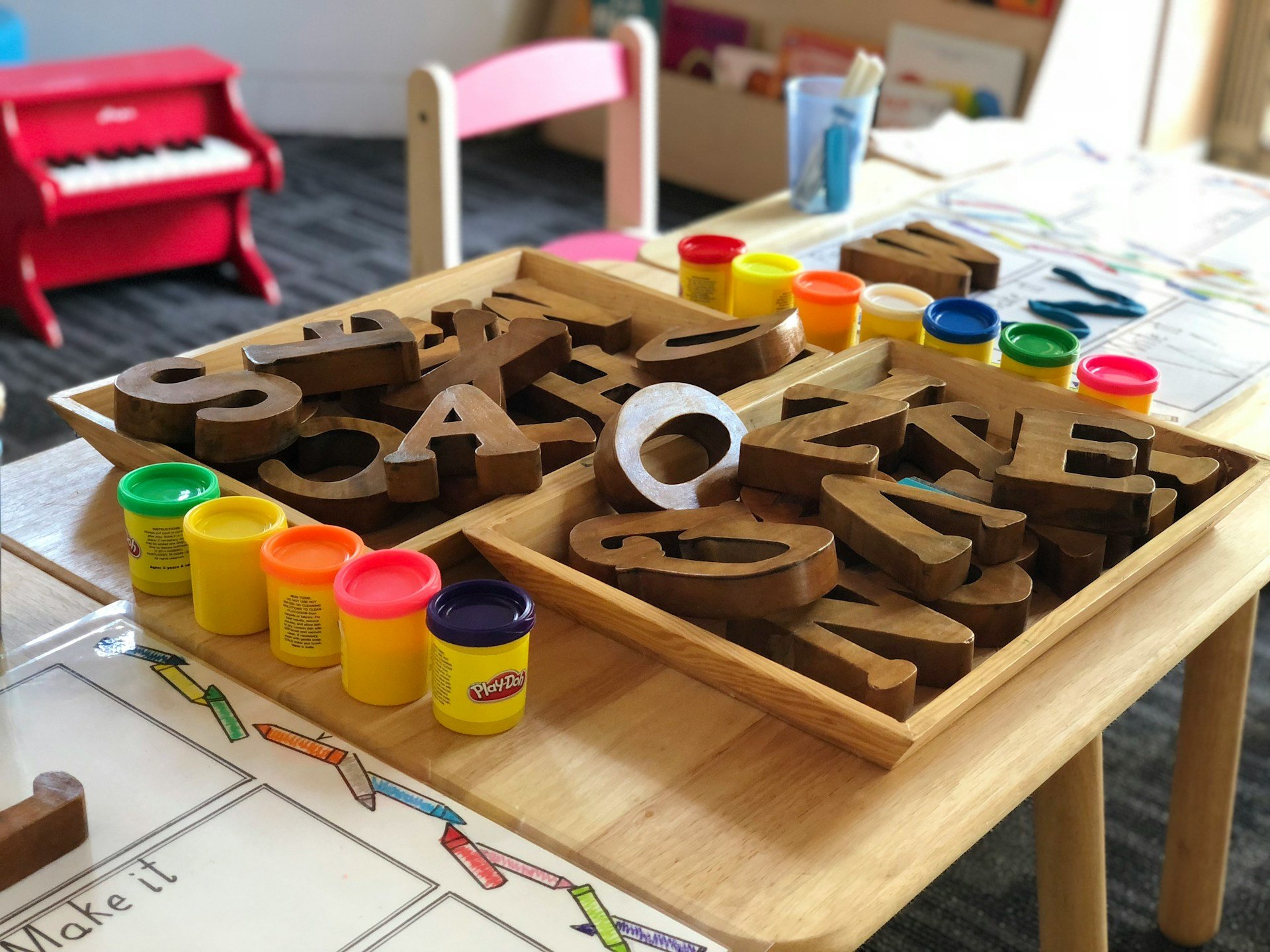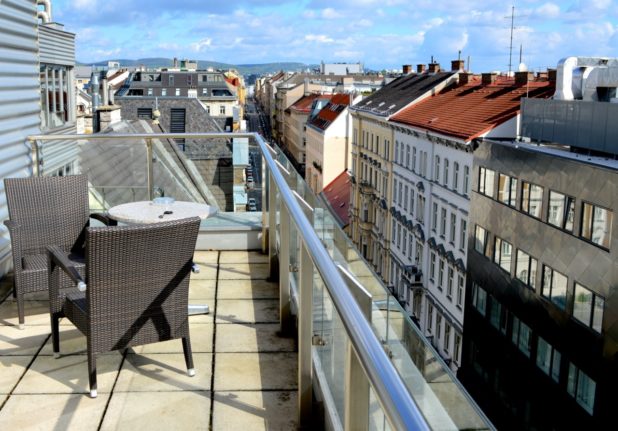(All prices are 2024 values)
If your child is turning three soon and you live in Vienna, it might be time to think about which kindergarten to attend. While living in the capital, you have a wide range of kindergartens to choose from, which can be overwhelming, especially if you are new to the country.
In Vienna, children have the option to attend different types of kindergartens, such as a public one or a private (but heavily subsidised) kindergarten. When deciding which is right for your child, it’s a good idea to ask family and friends for recommendations, to read about the different options online and also to try out a day in a kindergarten together with your child.
If you want to know your options and what is close to where you live, you can take a look at this map, which points out the different kindergartens and their locations.
As a parent, you can register your child for kindergarten at any time, regardless of the school year. However, registering during the main registration period in November and December can increase the chances of securing a spot in your preferred childcare centre.

READ ALSO: Which Austrian states offer free public kindergartens?
Different types of kindergartens
The main types of kindergartens in Vienna are public, private, or parent-run kindergartens. In addition, there are also so-called Betriebskindergärten, run by companies mainly for their employees’ children.
Public kindergartens
Public kindergartens in Vienna are funded and regulated by the city government. They are often operated by municipal departments or educational authorities and follow certain standards and guidelines set by the government to create safety, well-being, and educational quality.
In Vienna, children can attend public kindergartens for free; the only expenses parents need to cover are €79.95 per month for food, along with some other extra smaller costs for materials and activities.
Each group in a public kindergarten holds a maximum of 25 children, with responsibilities shared by a team of mostly three staff members, including two main teachers and one assistant.
Most public kindergartens are open from 7am to 6pm, making them a good option if you are a full-time working parent.
You can register your child for a public kindergarten online.
Private kindergartens
Although private kindergartens are a more expensive than public, they are still quite affordable. In general, private kindergartens cost around €250 per month, since some of the costs are subsidised by the government.
Private kindergartens tend to offer children a bit more attention than the public ones. There is often one teacher for as few as seven children. They also offer more specific educational programs, such as fully English-spoken education, Montessori pedagogics, bilingual alternatives, or religious approaches.
The City of Vienna subsidises places at private kindergartens with up to the following amounts which are directly paid to the private institution:
- For children under 3.5 years: €762.57
- For children from 3.5 years to compulsory school age:
- Full-day care: €520.20
- Part-time care: €428.21
- Half-day care: €309.99
When applying for a private kindergarten, you need to apply for a “Kundennummer” (customer number) through Stadt Wien and then use it to register your child directly at the chosen educational institution.

Parent-run kindergarten
A parent-run kindergarten typically has mid-size groups of children. It involves having two to three staff members for around 15 children at a time. Usually, the staff members are the children’s parents, with the idea of creating a more familiar atmosphere where parents have a greater say in their child’s education.
A parent-run kindergarten is usually run by an association board where the parents function and take care of finances, organisation, cleaning, cooking, and possible renovations. All parents in the association are required to contribute both financially and with their working hours.
In Vienna, parent-run kindergartens usually comes with lower costs for parents than private kindergartens. Parent-run kindergartens normally receive subsidies and funding from the local government to help cover operating costs such as staff salaries, utilities, and materials. The level of support normally depends on factors such as the number of children enrolled and the qualifications of staff members.
Here you can take a look at some different options if you are interested in participating in a parent-run kindergarten.
Betriebskindergärten
This type of kindergarten, provided by companies for their employees as a benefit, is often offered free of charge, with space sometimes available also for children of non-employees.
Betriebskindergärten are typically created by large companies such as Austria’s national railway company, ÖBB, to make life easier for employees and to be seen as attractive employers on the market. They are usually financed mainly by the companies themselves but can also receive support from the government.
Depending on the specific Betriebskindergarten, the group size and number of teachers can vary.
Here is a list with Vienna’s kindergartens run by different companies.
READ MORE: How can foreign nationals bring their family members to Austria?



 Please whitelist us to continue reading.
Please whitelist us to continue reading.
Member comments